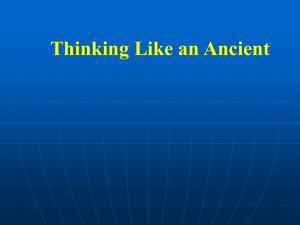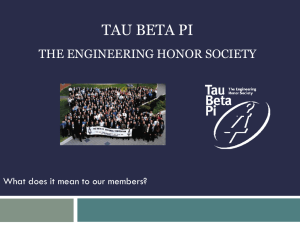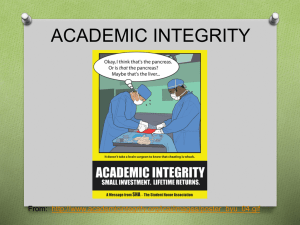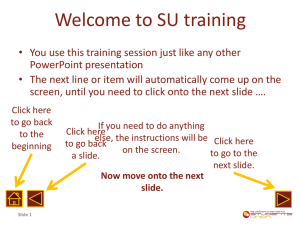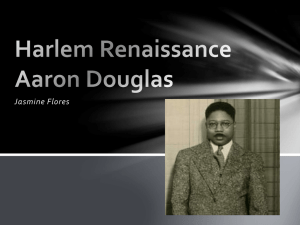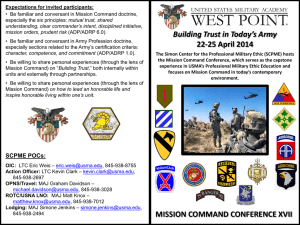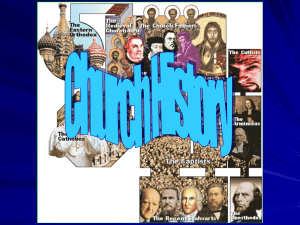West Point - AP Language Home
advertisement
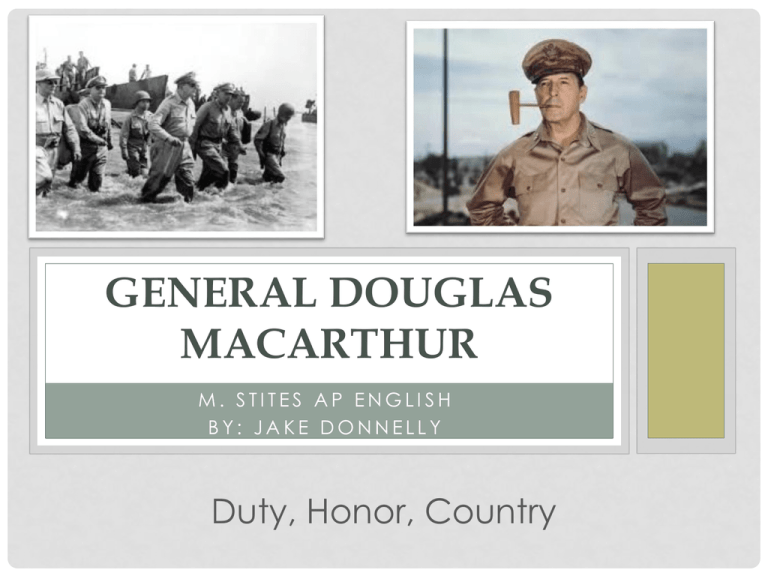
GENERAL DOUGLAS MACARTHUR M. STITES AP ENGLISH BY: JAKE DONNELLY Duty, Honor, Country OVERVIEW • • • • • • • • • • • Introduction to the Speaker…………………………(3) USMA Graduation (occasion)………………………(4) USMA class of 1962 (audience)……………….........(5) Purpose of the speech………………………...……..(6) Duty, Honor, Country (Subject)……………………..(7) Tone………………………………………...……………(8) Speech (video)………………………………………...(9) Ethos and Logos……………………………………….(10) Pathos…………………………………………...………(11) Other rhetorical strategies……………………….(12-14) Citations…………………………………………………(15) GENERAL DOUGLAS MACARTHUR General Douglas MacArthur has a very unique military background. Some of the more important conflicts he has served in are: • The Mexican Revolution • World War I • World War II • And the Korean War General Douglas served as General of the Army and Supreme Commander for the Allied Forces during the second World War. Some of his awards and decorations are: • Medal of Honor • Distinguished Service Cross (3) • Army AND Navy Distinguished service Medal (6) • Distinguished Flying Cross • Silver Star (7) • Purple Heart (2) USMA GRADUATION-1962 • “But this award is not intended primarily to honor a personality, but to symbolize a great moral code-a code of conduct and chivalry of those who guard this beloved land of culture and ancient descent.” • This award is presented to an outstanding citizen whose service and accomplishments in the national interest exemplify the Military Academy motto, "Duty, Honor, Country." USMA CLASS OF 1962 • The audience that General Douglas MacArthur is speaking to is the 1962 graduating class of The United States Military Academy at West Point. PRESENTATION OF THE THAYER AWARD The Purpose of his speech was: • To present the Thayer Award • To produce a call to action for these young military leaders • To emphasize the importance of the motto, “Duty, Honor, Country” DUTY, HONOR, COUNTRY The subject of this speech is clearly “Duty, Honor, Country • The phrase is mentioned 8 times during his speech and is the topic for a lot of elaboration. • “Duty, Honor, Country” is also mentioned in the thesis statement “Duty, honor, country: Those three hallowed words reverently dictate what you ought to be, what you can be, what you will be.” TONE • The tone of the speech was rather serious but optimistic and insightful as well. • “…but to have compassion on those who fall; to master yourself before you seek to master others; to have a heart that is clean, a goal that is high; to learn to laugh, yet never forget how to weep; to reach into the future, yet never neglect the past; to be serious, yet never to take yourself too seriously…” TONE (EXTENDED) http://www.youtube.com/watch?v=SgqSI1BESVE • “Duty, honor, country: Those three hallowed words reverently dictate what you ought to be, what you can be, what you will be. They are your rallying point to build courage when courage seems to fail, to regain faith when there seems to be little cause for faith, to create hope when hope becomes forlorn. Unhappily, I possess neither that eloquence of diction, that poetry of imagination, nor that brilliance of metaphor to tell you all that they mean. The unbelievers will say they are but words, but a slogan, but a flamboyant phrase. Every pedant, every demagogue, every cynic, every hypocrite, every troublemaker, and, I am sorry to say, some others of an entirely different character, will try to downgrade them even to the extent of mockery and ridicule.” ETHOS AND LOGOS Ethos: General Douglas had automatic ethos for being one of the most decorated military leaders of all time. He also builds on his automatic ethos early by saying, “Coming from a profession I have served so long…” Logos: “We deal now, not with things of this world alone, but with the illimitable distances and as yet unfathomed mysteries of the universe. We are reaching out for a new and boundless frontier”. In this sentence General Douglas uses logos to make known the fact that technologically we are moving forward and that there are endless frontiers waiting to be explored. PATHOS Pathos • “The soldier, above all other men, is required to practice the greatest act of religious training— sacrifice”. In the speech one of the primary literary devices used is pathos. Especially in this sentence, he evokes an emotion that everyone has experienced before, sacrifice. • “…blue-lipped, covered with sludge and mud, chilled by the wind and rain, driving home to their objective, and for many to the judgment seat of God”. Again a very common allusion to God is made to conjure religious emotions in the reader. OTHER RHETORICAL STRATIFIES Posing a question to give a more clear answer • “And what sort of soldiers are those you are to lead? Are they reliable? Are they brave? Are they capable of victory?” He then goes on to answer his questions in saying, “I regarded him then, as I regard him now, as one of the world's noblest figures; not only as one of the finest military characters, but also as one of the most stainless.”…”He needs no eulogy from me; or from any other man. He has written his own history and written it in red on his enemy's breast.” OTHER RHETORICAL STRATEGIES Repetition: repetition was another very commonly used rhetorical strategy in this speech. Some examples include: “Duty, Honor, Country” (repeated 8 times) • The main phrase and idea that carries this entire speech. It is the central topic of the text. “All other public purposes, all other public projects, all other public needs, great or small…” Repetition is used again in the form of anaphora as he repeats the words “all other” three times at the beginning of each successive clause. OTHER RHETORICAL STRATEGIES Epizeuxis: (In rhetoric, an epizeuxis is the repetition of a word or phrase in immediate succession, for vehemence or emphasis.) “Today marks my final roll call with you. But I want you to know that when I cross the river, my last conscious thoughts will be of the corps, and the corps, and the corps.” Simile: (a figure of speech involving the comparison of one thing with another thing of a different kind) “Nation's war guardian, as its lifeguard from the raging tides of international conflict, as its gladiator in the arena of battle.” CITATIONS • "Service Summary of Douglas MacArthur." Wikipedia. Wikimedia Foundation, 19 Mar. 2014. Web. 24 Mar. 2014. • "United States Army." Wikipedia. Wikimedia Foundation, 24 Mar. 2014. Web. 24 Mar. 2014. • "Douglas MacArthur." History.com. A&E Television Networks, n.d. Web. 23 Mar. 2014. • "Duty, Honor, Country." : Gen. MacArthur's Speech to the Corps of Cadets, 1962. N.p., n.d. Web. 24 Mar. 2014. • http://www.youtube.com/watch?v=SgqSI1BESVE

